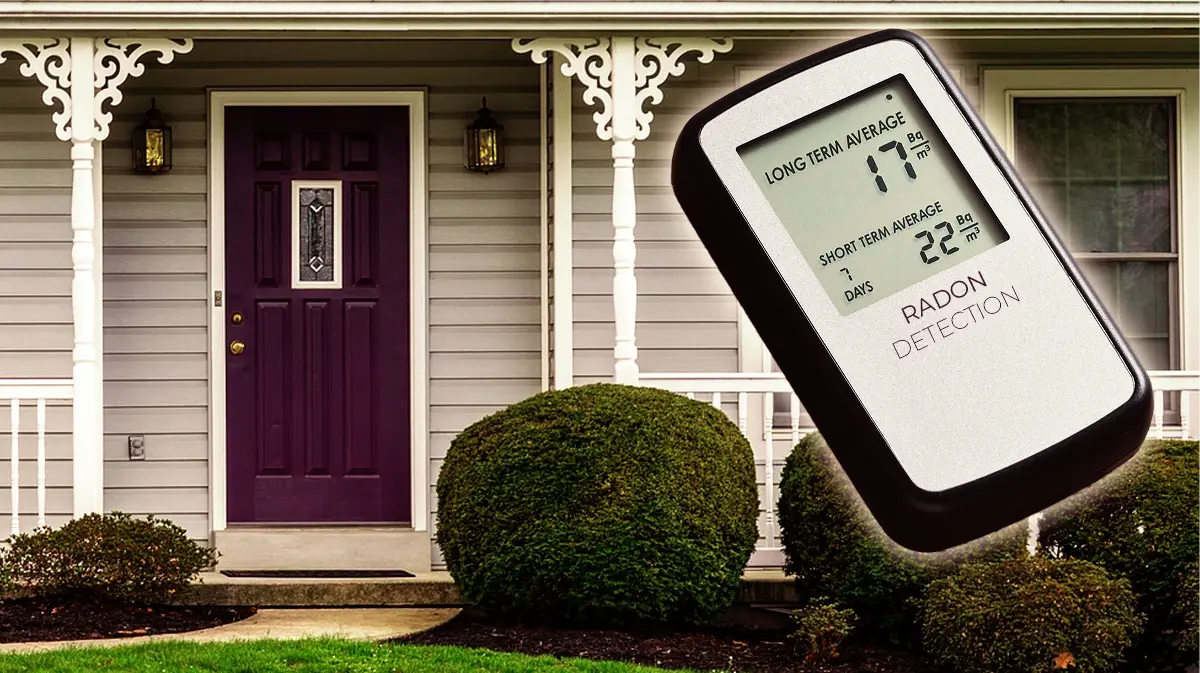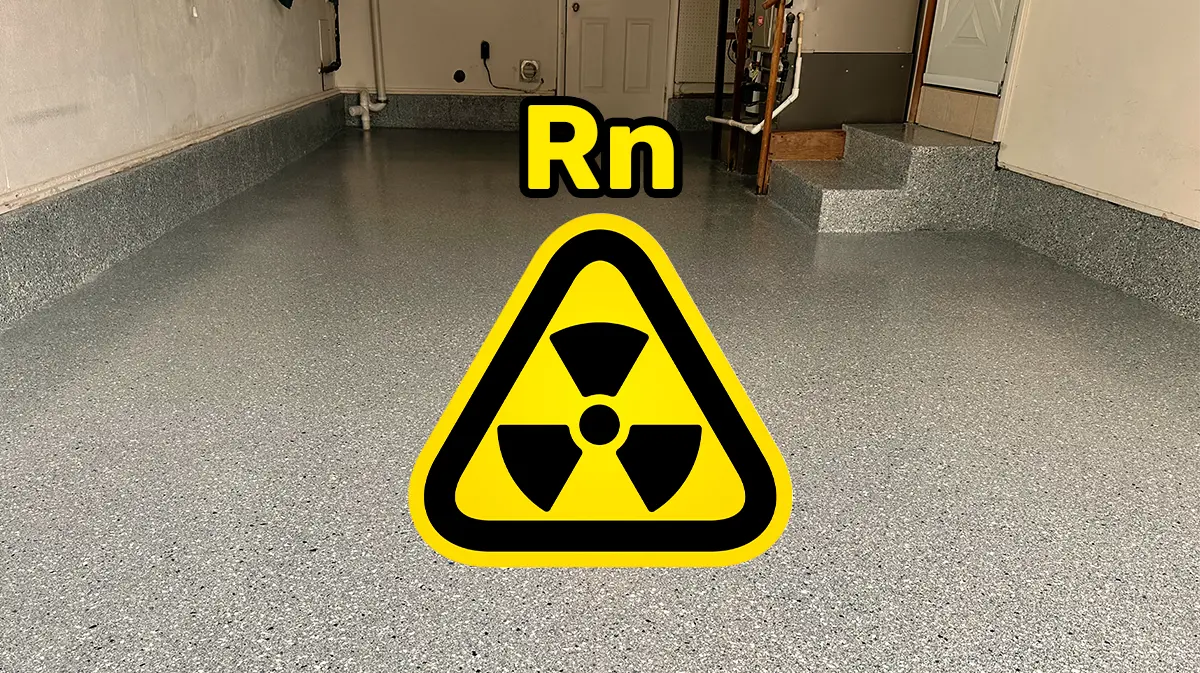Moist and musty basements have always been a concern. However, if you’ve ever heard about radon gas, you might know it’s also something to be concerned about. But what exactly is it and why does it matter? The truth is that it’s a real issue and it can affect homes right here in Dallas. In this blog, we discuss radon and musty basements…and how to deal with these issues.
What is Radon?
Radon is a naturally occurring radioactive gas that comes from the decay of uranium found in water, rock and soil. It’s invisible, odorless and it can seep into homes through cracks and openings in the foundation. Because radon is a gas, it can move freely through soil and enter homes, where it can accumulate to dangerous levels.
In Texas, especially in Dallas, radon levels are generally lower than in other parts of the country, but that doesn’t mean you’re in the clear. According to a study by Texas Tech University, some areas in Texas have radon levels that exceed the Environmental Protection Agency’s (EPA) recommended action level of 4 picocuries per liter (pCi/L). While the average radon level in Dallas homes tends to be lower, it’s still important to test for radon, as elevated levels can still occur.
As you can see, we’re not trying to scare anyone into a solution—but the risk does exist and a little testing is definitely worth the effort.
Why Should You Care About Radon?
According to the CDC, radon is the second leading cause of lung cancer in the United States, right after smoking. That’s why we take it so seriously. The scary part is that you can’t see, smell, or taste radon, so the only way to know if it’s in your home is by testing for it. Prolonged exposure to high radon levels increases the risk of lung cancer, especially if you’re a smoker.
How Does Radon Enter Your Home?
Homes in Dallas act like vacuums for underground gasses. The lower air pressure inside homes, caused by things like air exchangers, exhaust fans, and dryers, pulls in outside air from the surrounding soil. This means radon gas can be drawn into your home through cracks in the foundation, gaps around pipes, or even through the pores in concrete.
Tackling Moisture and Musty Basements
Apart from radon, musty basements are another issue that homeowners might face. The musty smell is often due to moisture vapor emission from the ground through the concrete slab of your basement or foundation. Over time, this moisture can cause visible dark spots, white salts (known as efflorescence), and potentially lead to concrete failure. Worse, it can contribute to indoor air quality issues and Sick Building Syndrome (SBS), where occupants experience health issues like headaches, dizziness, and fatigue, all linked to time spent in a building.
We know, a lot of folks around here don’t have basements. But you do have a foundation (we hope)! A lot of these issues can also come from crawl spaces, utility rooms, or ground-level slabs.
Radon and Musty Basements: Protecting Your Home
The good news is that there are ways to protect your home from radon and moisture issues. If you find elevated radon levels, hiring a radon specialist to install a mitigation system is crucial. These systems work by venting radon gas safely outside your home, reducing indoor levels.
Additionally, applying a professional-grade epoxy coating to your basement floor can help seal the concrete, preventing moisture and radon from seeping through. This extra layer of protection not only improves air quality but also extends the life of your concrete floors.
For homeowners in Dallas, understanding the risks associated with radon and moisture is the first step in protecting your home. Regular testing, professional mitigation, and proper floor coatings can help ensure that your living environment remains safe and healthy.


